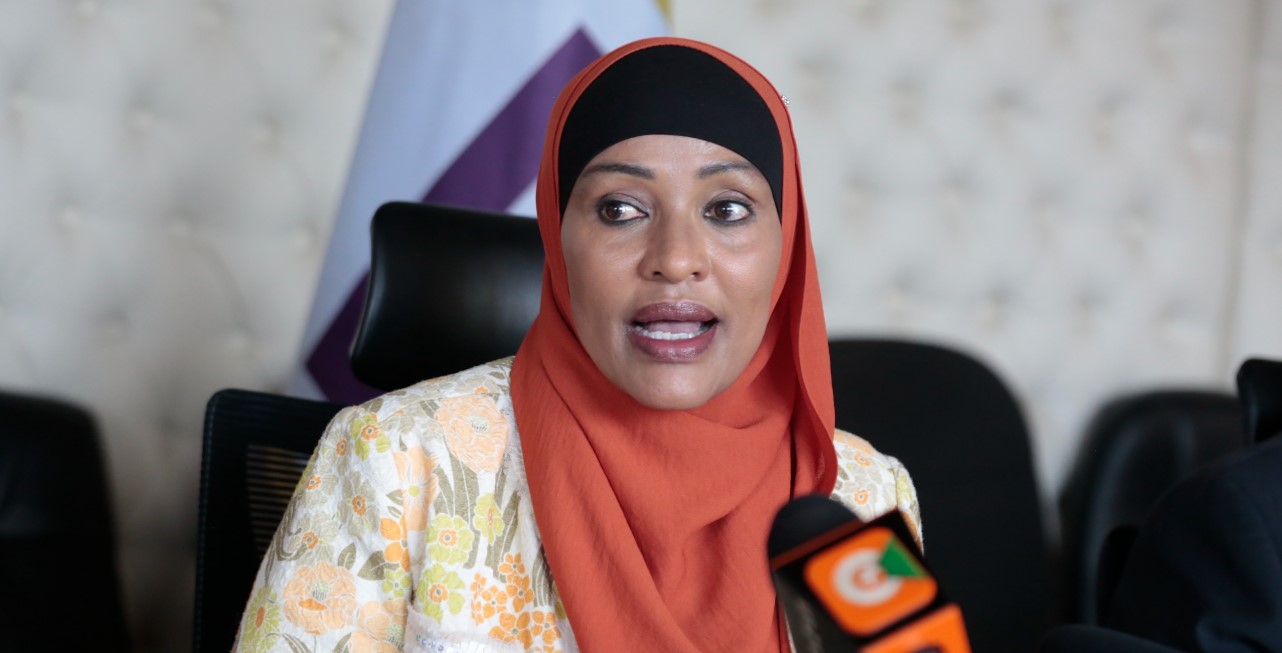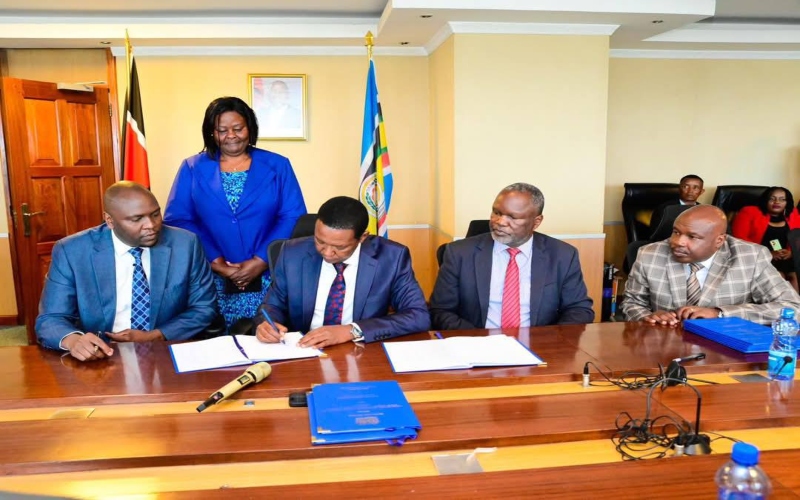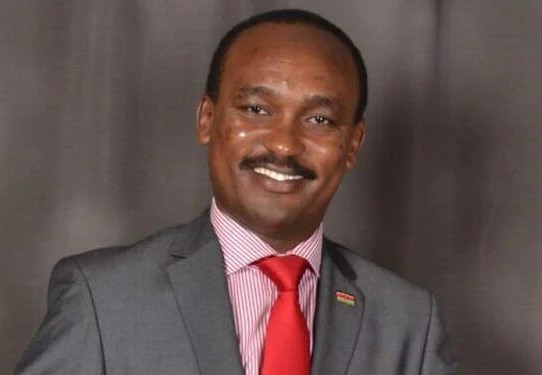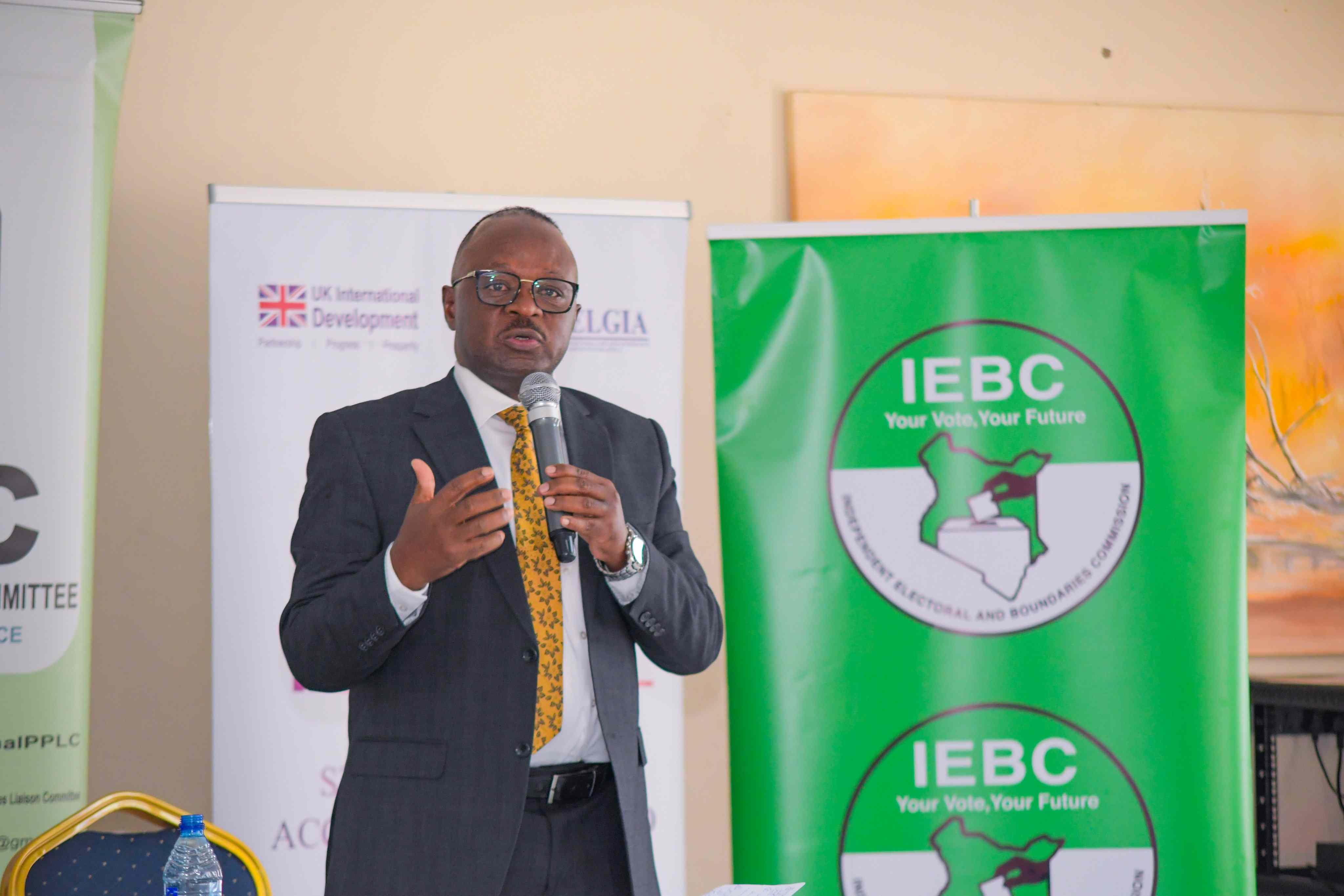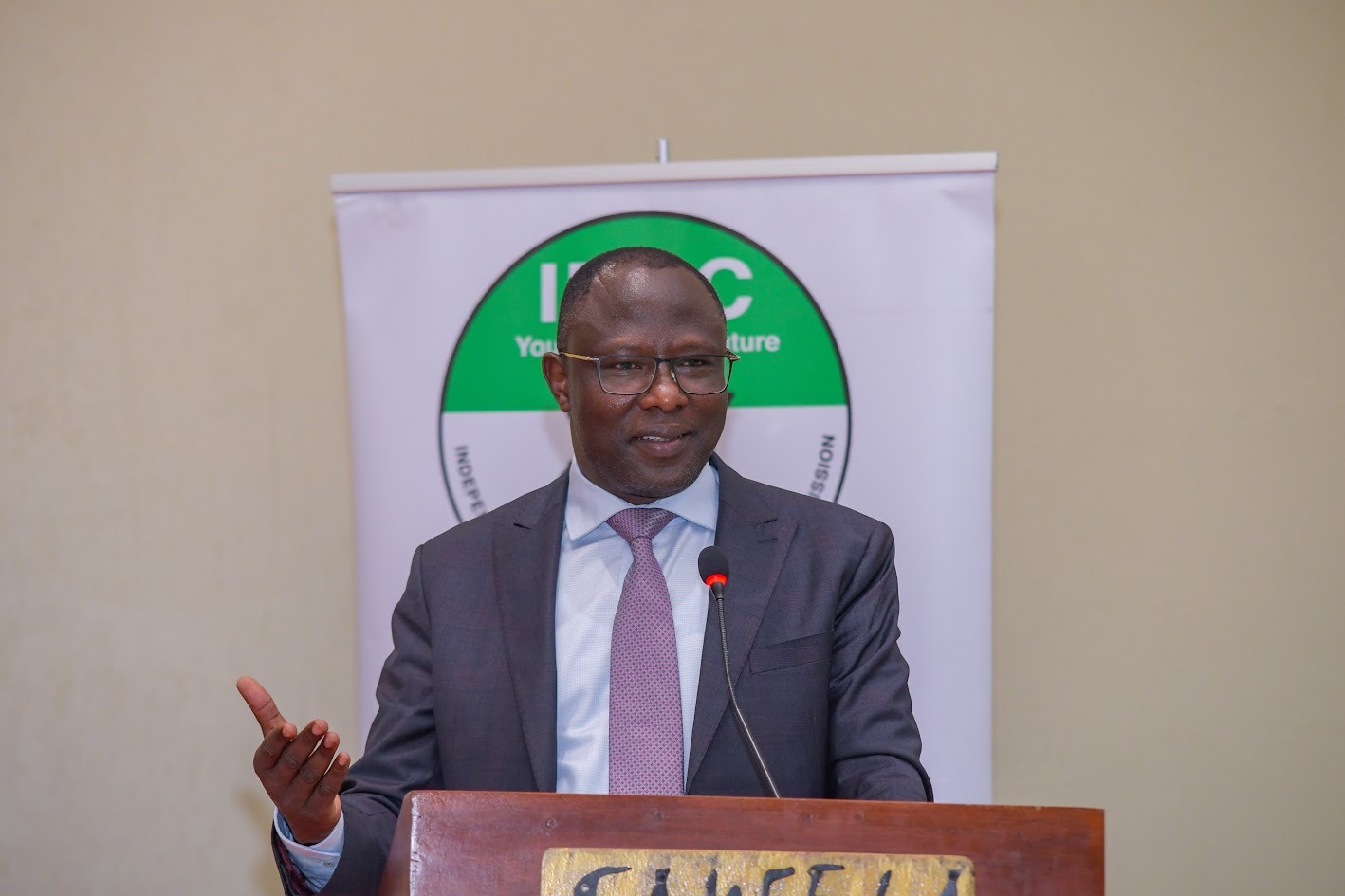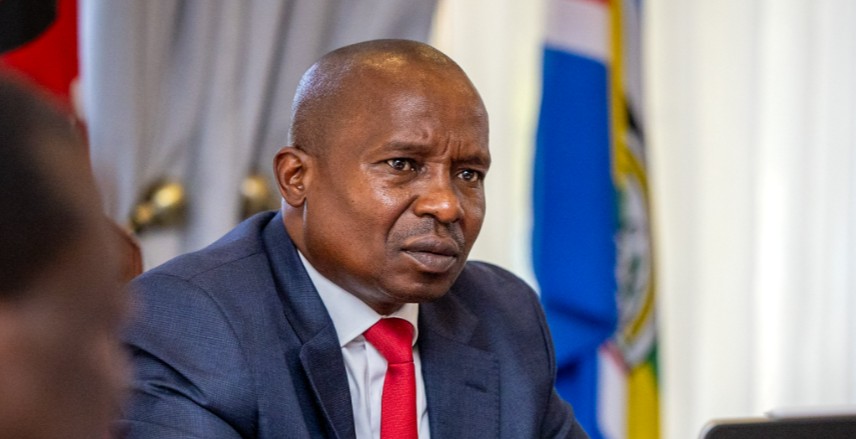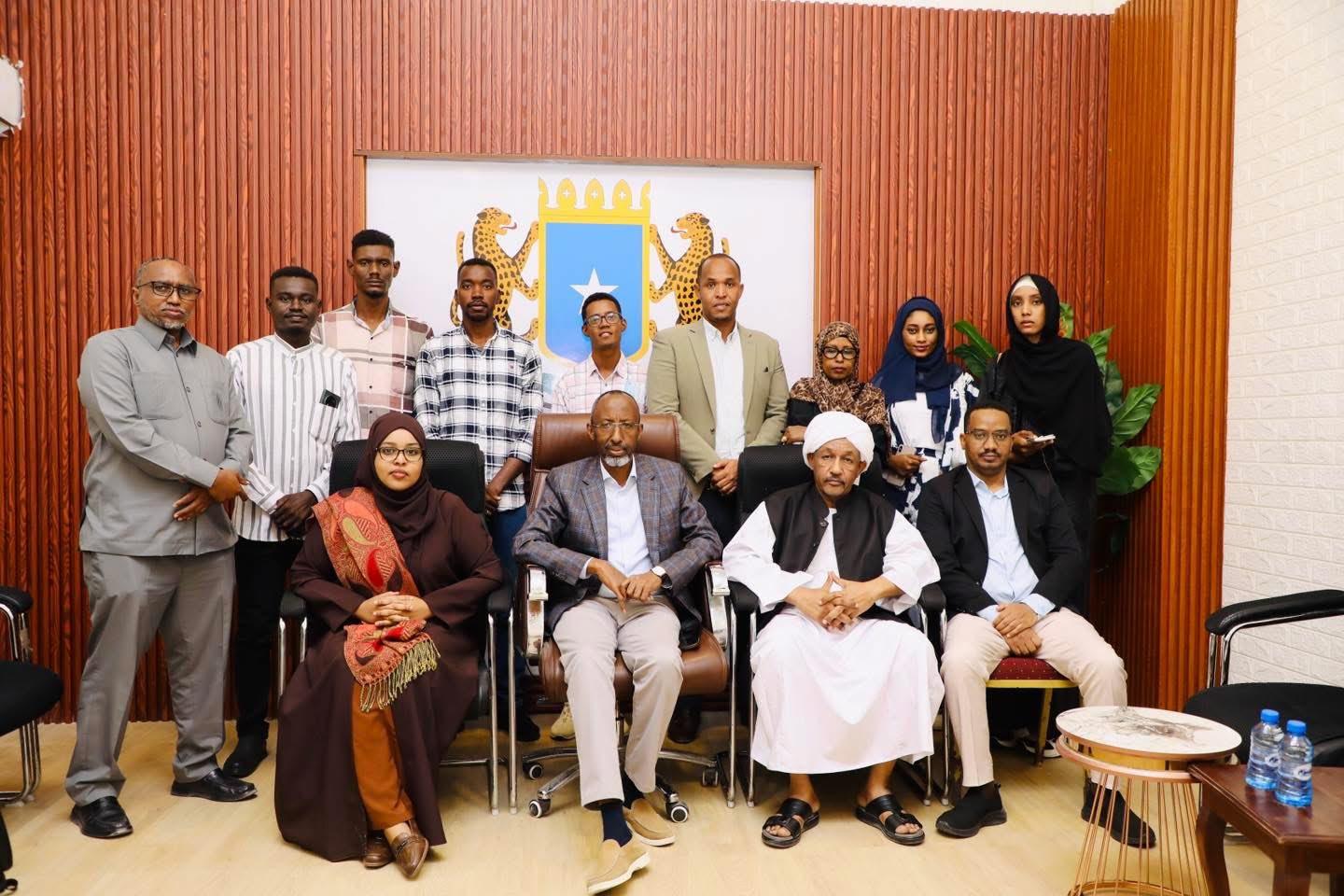Senate Committee hails Kenya’s readiness to combat oil spills after Mombasa tour
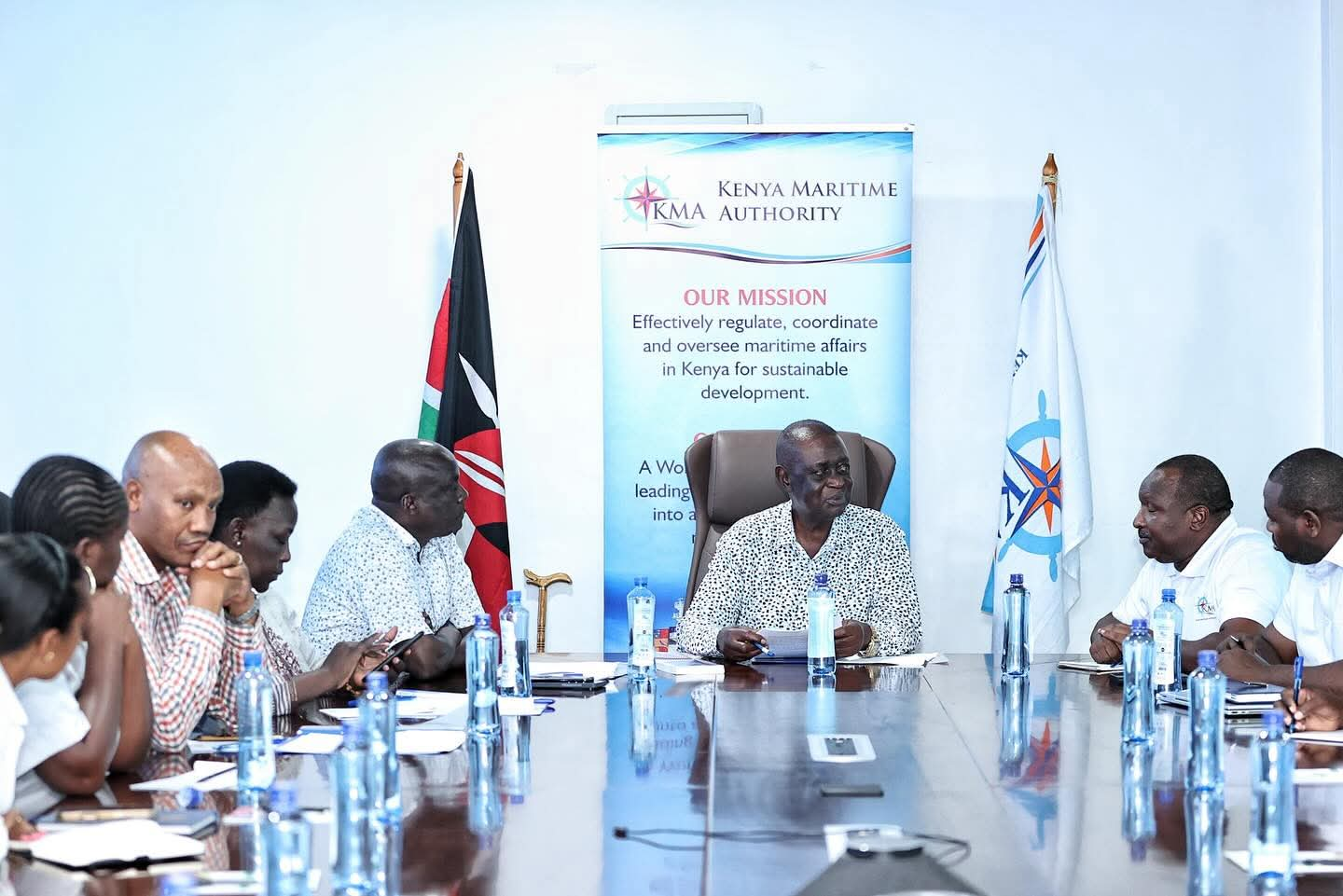
The senators, led by Chairperson Dr Oburu Odinga, also received updates on emergency operations in Lake Victoria and broader efforts to protect marine and inland ecosystems.
Kenya’s capacity to tackle oil pollution in its waters has earned praise from the Senate Standing Committee on Energy, following a fact-finding tour in Mombasa.
The committee visited the Kenya Maritime Authority (KMA), where they were taken through the country’s oil spill response strategies and shown how recent incidents were successfully managed.
More To Read
- Kenya Ports Authority holds first chemical, biological, radiological and nuclear preparedness drill
- Nairobi to host EU-backed regional Maritime Security Week
- Kenya battles Nigeria, South Africa to keep IMO seat as Africa’s voice in global shipping
- Businesses granted 30-day relief on long-stay container charges at Mombasa port
- Transporters issue 7-day ultimatum over empty container backlog
- KPA applauds streamlined ETA system amid surge in cruise tourism
The senators, led by Chairperson Dr Oburu Odinga, also received updates on emergency operations in Lake Victoria and broader efforts to protect marine and inland ecosystems.
“We came to evaluate how ready Kenya is in case of an oil spill, especially given the risks to our lakes and ocean. We are satisfied with the measures in place,” said Dr Odinga.
He commended KMA’s professionalism, particularly in managing past oil spills, and cited the Authority’s growing role in enhancing maritime safety on Lake Victoria.
“The establishment of a major rescue centre in Kisumu and plans for satellite units around the lake are very promising. This will benefit countless Kenyans who rely on the lake,” he added.
KMA Director General CPA Omae Nyarandi briefed the senators on the National Oil Spill Response System, a multi-agency framework activated during emergencies.
“We presented recent examples of oil spills and explained how they were swiftly dealt with,” said Nyarandi.
KMA Assistant Director for Marine Environment Protection, Michael Mbaru, described two minor incidents, one near Berth 3 at the Port of Mombasa and another close to the Likoni channel. Both were quickly managed using booms and dispersants tailored to the nature of the oil.
“Heavy oils may need chemical dispersants, while lighter spills can be isolated with booms and collected using skimmers,” explained Mbaru.
He also noted that Kenya recently hosted a regional oil spill response simulation exercise, bringing together environmental specialists from across Africa.
“That drill tested our systems and exposed some weaknesses. We are now implementing an action plan to enhance our readiness,” he said.
The committee’s broader mission also involved inspecting oil tanker navigation routes, examining potential threats to the blue economy, and evaluating Kenya’s alignment with regional and international oil spill response protocols.
The delegation concluded its mission with a visit to the Kenya Ports Authority for further discussions on port-level spill response capacity.
Top Stories Today




